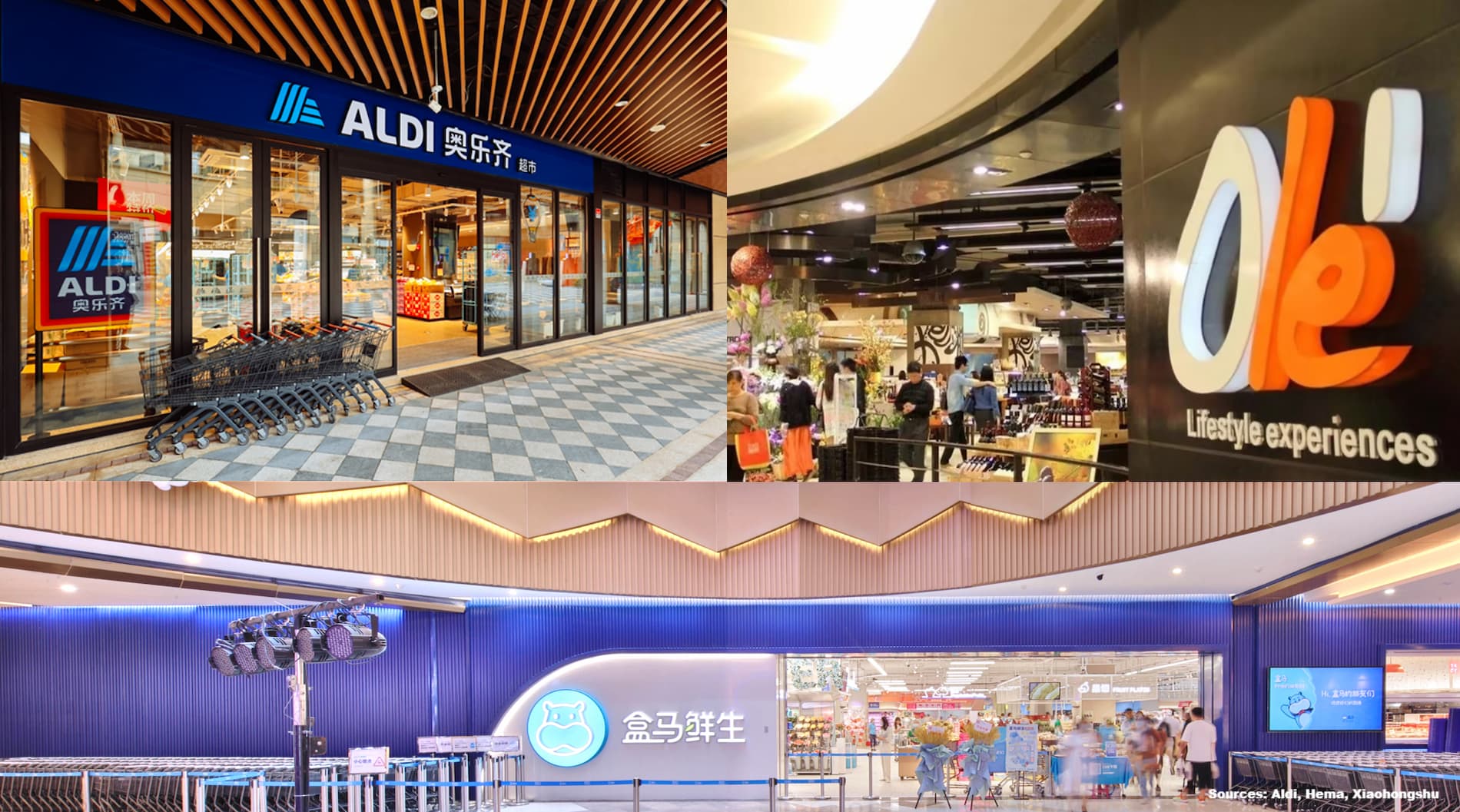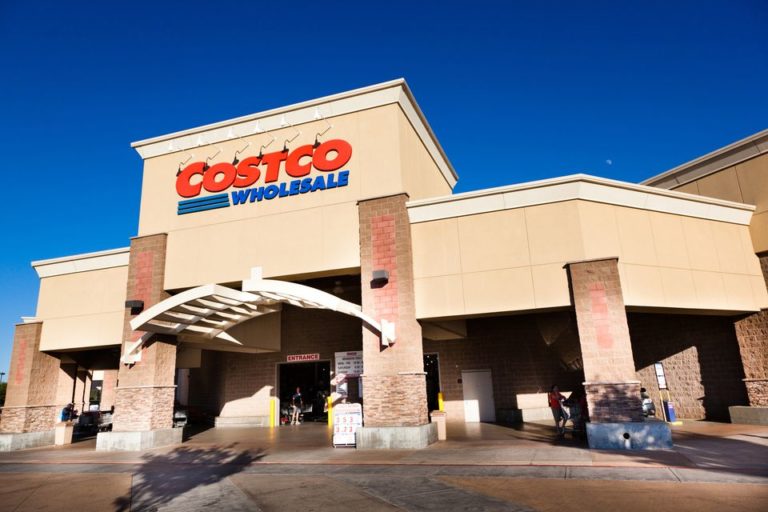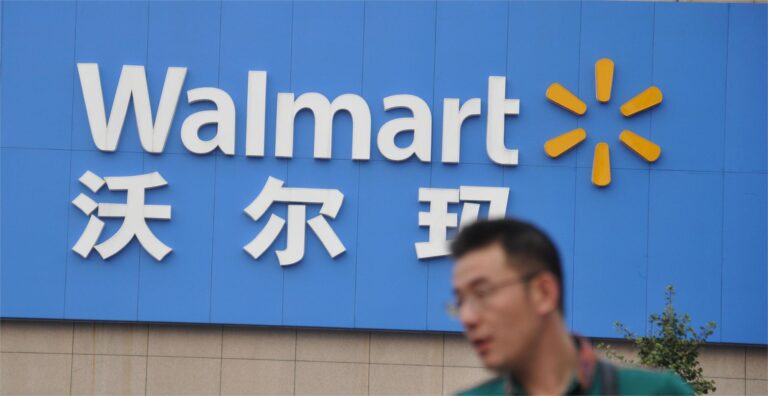Chinese supermarkets are undergoing a shift towards providing premium shopping experiences. Formerly recognized for affordability and practicality, they now prioritize elevated customer interactions. This includes a careful curation of products to cater to the preferences of affluent Chinese consumers, offering a diverse selection of imported goods and specialty products tailored to local tastes.
Download our report on the she economy in China

Premium supermarkets gradually outpacing traditional ones
Premium supermarkets, such as Sam’s Club, are gaining momentum in the Chinese market. Sam’s Club has been rapidly expanding since June 2022, opening stores in cities like Chongqing, Nanning, Wuxi, and Beijing. Hema Premier, an upgraded version of Hema, opened nine stores by June 2023, emphasizing the growing popularity of premium products and shopping experiences.
On the other hand, traditional giants like Carrefour and Yonghui Supermarket are facing challenges. Carrefour closed 106 supermarkets in the first half of 2023, while Yonghui Supermarket, known for its quality products and service, gradually shut down 407 stores. In February 2023, Yonghui Supermarket forecasted an expected net loss of RMB 2.74 billion for 2022, with an adjusted net loss of RMB 2.4 billion. This shift reflects the changing landscape of the Chinese retail market, with premium supermarkets on the rise while traditional players struggle.
What is driving the change?
Nowadays, the online supermarket arena has become fiercely competitive, with giants like Meituan Optimal, Douyin Supermarket, Tmall Supermarket, and JD Supermarket vying for dominance. These online platforms often offer more affordable prices and generous discounts compared to traditional supermarkets, which grapple with high operational costs and inefficiencies, as well as long queues at checkout counters and extended waiting time.
This shift in the retail landscape has influenced consumer preferences, particularly in China’s tier-1 cities, where workers in premium supermarkets navigate heavy workloads and demanding schedules driven by a competitive job market and a pursuit of career advancement. The fast-paced urban lifestyle and a prevailing culture of overwork leave little room for leisure activities.
To counterbalance this, premium supermarkets are dedicated to creating an enjoyable shopping atmosphere, effectively transforming the supermarket into a delightful space for shoppers. These establishments typically boast larger store sizes, ranging from 3,000 to 10,000 square meters, significantly enriching the shopping experience and encouraging customers to spend more time in-store. Unlike traditional supermarkets with tall shelves, premium supermarkets utilize shorter shelves to foster a sense of connection between products, enhance visual transparency, and build a closer relationship between customers and the items on display.
Moreover, premium supermarkets prioritize offering unique imported goods not readily available elsewhere. This aspect particularly appeals to high-spending consumers in tier-1 cities who are willing to pay a premium for these exclusive products.
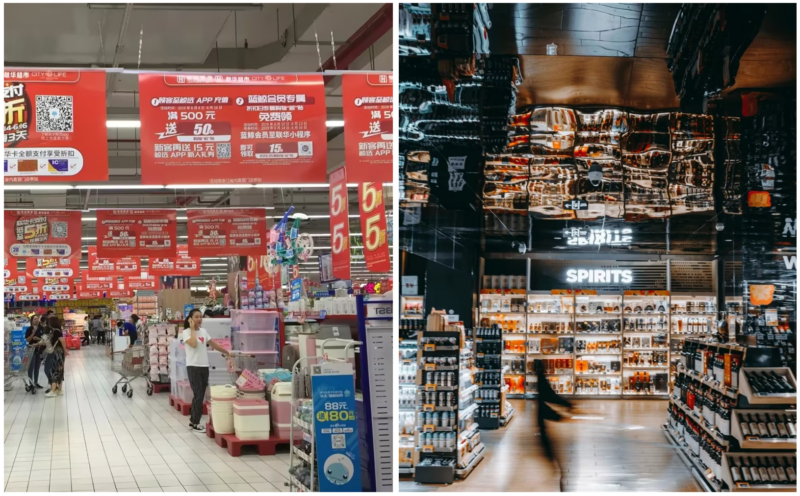
How supermarkets in China are elevating the shopping experience
In response to the challenging retail environment, supermarkets have begun introducing membership programs to retain and cater to the evolving preferences of Chinese consumers. These programs provide enhanced benefits and privileges, creating a sense of exclusivity and satisfaction for customers.
One successful case of this membership-based approach is exemplified by Sam’s Club. Since its entry into the Chinese market in 1996, Sam’s Club has expanded its presence to key cities across the country, becoming a trusted destination for Chinese consumers seeking premium shopping options. With a total of 11 locations now operating in China, Sam’s Club has effectively established itself and delivered an exceptional shopping experience.
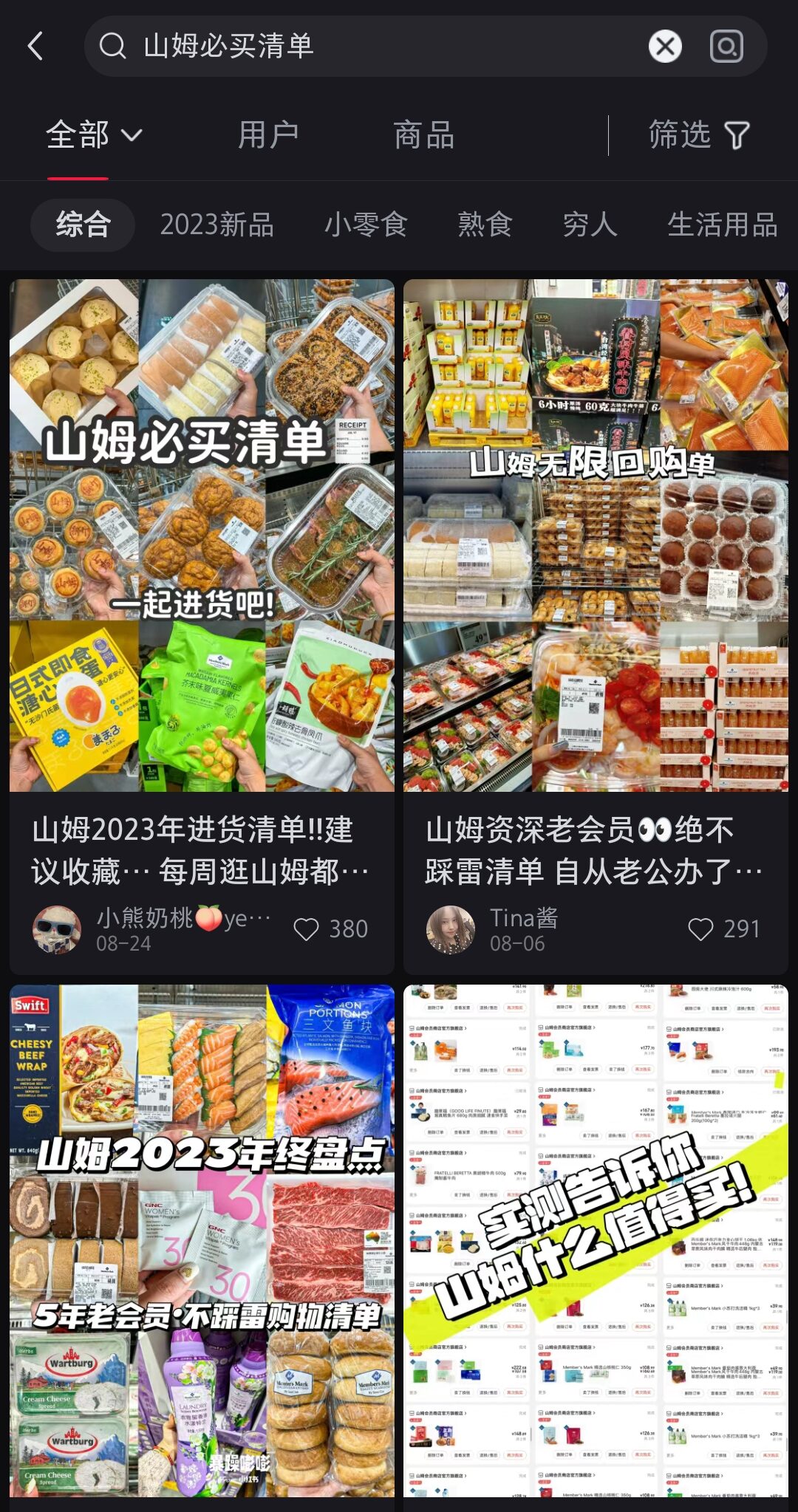
The success of premium supermarkets like Sam’s Club has influenced others in the Chinese market to adopt a similar premium approach. Hema, a highly popular retail brand in China, opened its first high-end store, Hema Premier, in 2023, reflecting the growing trend in the industry.
Hema Premier distinguishes itself from the standard Hema by offering a wider and more sophisticated product selection with global appeal and high-end quality, all while maintaining reasonable prices. This approach not only attracts food enthusiasts and those seeking a quality lifestyle but also serves as an enticing destination for tourists to explore.
Moreover, Hema has also implemented a loyalty program in their traditional supermarkets, featuring key benefits such as faster delivery options, priority access to new products, and discounts for members. This initiative enhances the shopping experience for their customers.
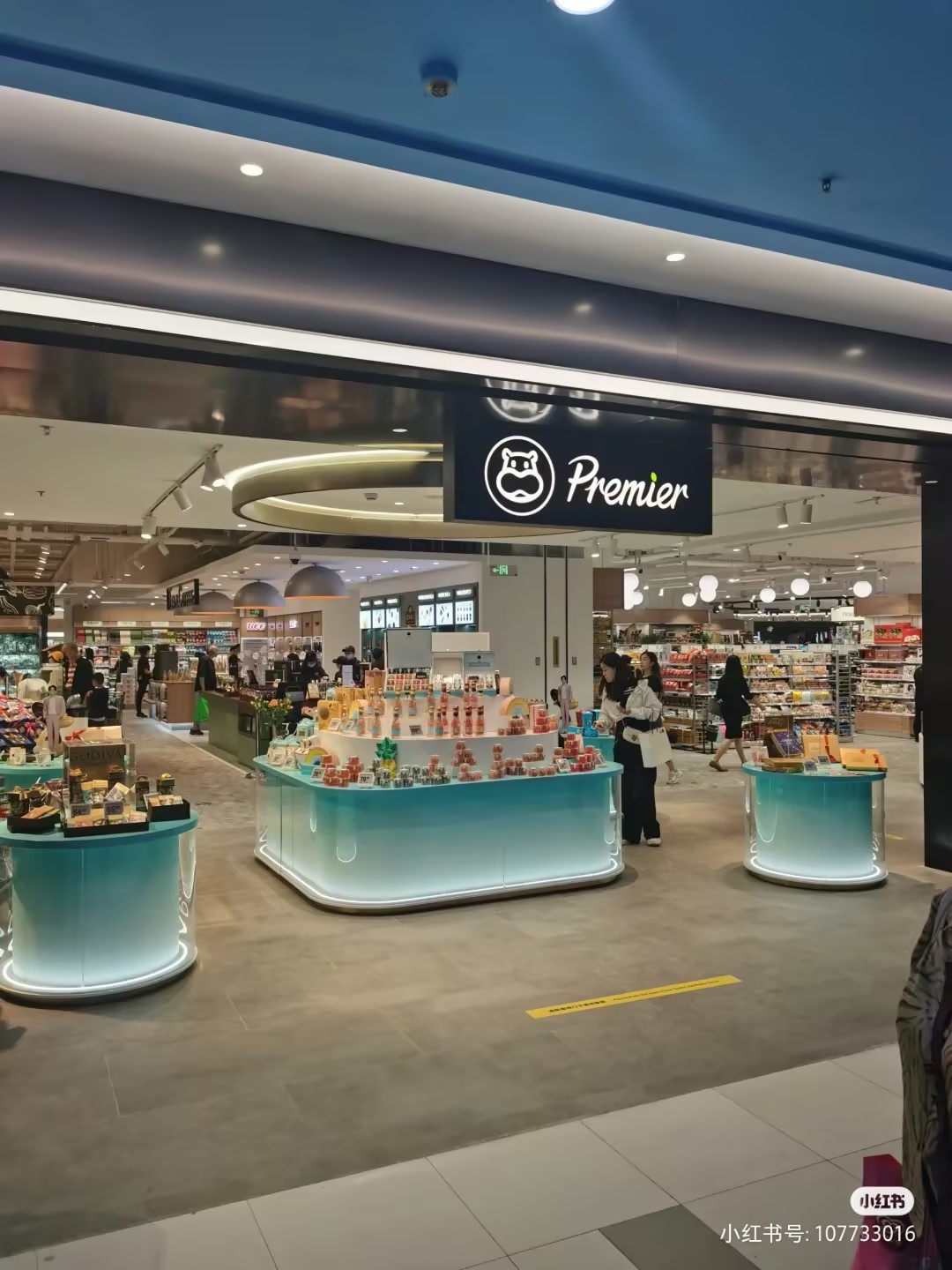
Decoding the rise of premium supermarkets in China
- Chinese supermarkets are undergoing a remarkable transformation by embracing the trend of going premium.
- In tier-1 cities of China, workers face increased workloads and demanding schedules in the presence of premium supermarkets. Premium supermarkets thereby prioritize creating an enjoyable shopping atmosphere and appealing to high-spending individuals seeking both convenience and a pleasurable shopping experience.
- Premium supermarkets in China are shifting towards a membership-based approach, catering to evolving consumer preferences by providing enhanced benefits and privileges.
- Following this trend, Hema, a popular retail brand in China, launched its first membership store Hema Premier in 2023, offering a wider range of sophisticated products with high-end quality and global appeal at affordable prices, attracting food enthusiasts, quality-lifestyle seekers, and tourists, while also introducing a loyalty program with faster delivery options, priority access to new products, and discounts for its members.


